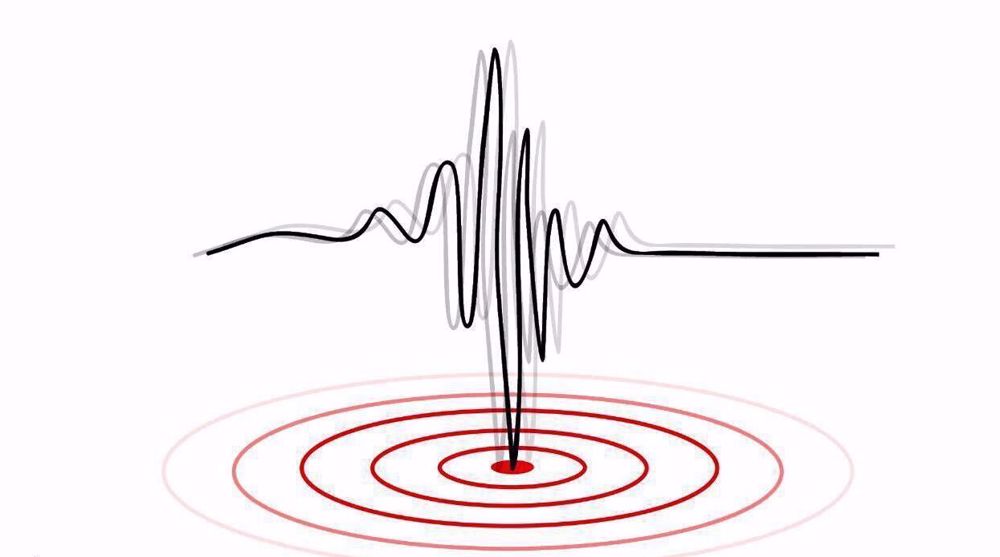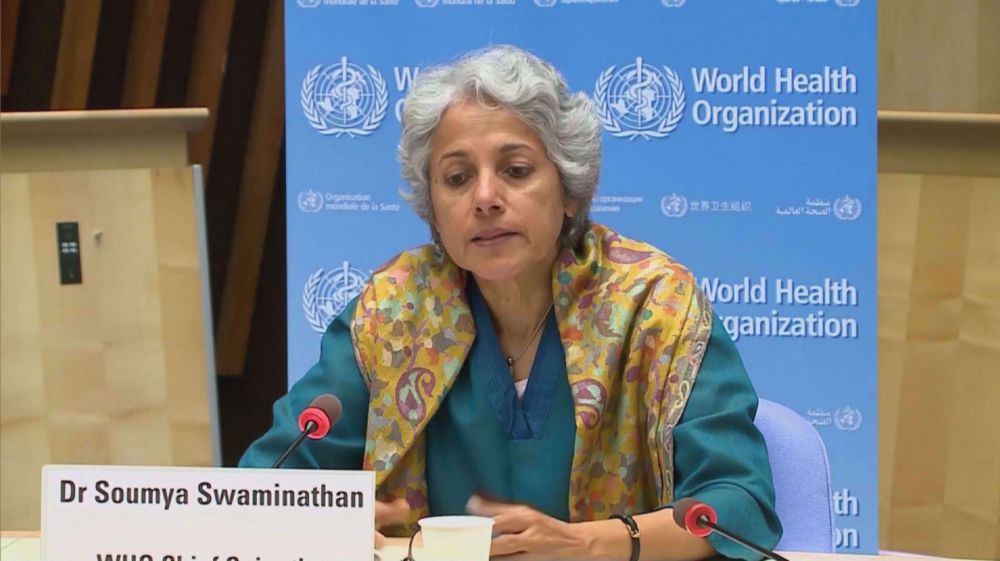Experimental COVID-19 vaccine over 90% effective: Pfizer
Pfizer Inc says its experimental COVID-19 vaccine has been more than 90% effective, a major victory in the fight against a pandemic that has killed more than a million people, battered the world's economy and upended daily life.
Pfizer and German partner BioNTech SE are the first drugmakers to release successful data from a large-scale clinical trial of a coronavirus vaccine. The companies said they have so far found no serious safety concerns and expect to seek US authorization this month for emergency use of the vaccine.
Health experts said Pfizer's results were positive for all COVID-19 vaccines currently in development since they show the shots are going after the right target and are a proof of concept that the disease can be halted with vaccination.
"Today is a great day for science and humanity," Albert Bourla, Pfizer's chairman and chief executive, said.
"We are reaching this critical milestone in our vaccine development program at a time when the world needs it most with infection rates setting new records, hospitals nearing over-capacity and economies struggling to reopen."
If Pfizer's vaccine is authorized, the number of doses will initially be limited and many questions remain, including how long the vaccine will provide protection.
BioNTech Chief Executive Ugur Sahin told Reuters he was optimistic the immunization effect of the vaccine would last for a year although that was not certain yet.
Pfizer expects to seek broad US authorization for emergency use of the vaccine for people aged 16 to 85. To do so, it will need two months of safety data from about half the study's 44,000 participants, which is expected late this month.
Pfizer said it expects to produce up to 1.3 billion doses of the vaccine in 2021.
To confirm the efficacy rate, Pfizer said it would continue the trial until there are 164 COVID-19 cases among participants.
Russia's Sputnik V vaccine over 90% effective: Health ministry
Russia's Sputnik V vaccine against COVID-19 is more than 90% effective, a representative of the health ministry said on Monday, citing data collated from vaccinations of the public rather than from an ongoing trial.
"We are responsible for monitoring the effectiveness of the Sputnik V vaccine among citizens who have received it as part of the mass vaccination program," Oksana Drapkina, director of a research institute under the health ministry, said in a statement.
"Based on our observations, its effectiveness is also more than 90%. The appearance of another effective vaccine - this is good news for everyone," Drapkina said.
Earlier on Monday, Alexander Gintsburg, director of Moscow's Gamaleya Institute which developed the Russian vaccine candidate, said he welcomed the Pfizer news.
"In the near future we expect to publish interim results of the post-registration trial of the vaccine Sputnik V, the so-called Phase III trials. I am sure that its effectiveness level will also be high," he said.
Russia is gearing up to publish preliminary results of an ongoing large-scale human trial, known as Phase III, this month.
It is testing the vaccine on 40,000 people in Moscow.
COVID-19 vaccine could fundamentally change pandemic direction: WHO
A COVID-19 vaccine may be rolled out by March 2021 to the most vulnerable, which along with other advances could fundamentally change the course of the pandemic, a senior World Health Organization (WHO) official says.
Bruce Aylward also told the WHO's annual ministerial assembly that interim results announced from Pfizer Inc's late-stage vaccine trials were "very positive."
"There is still much work to be done, this is just interim results...but some very positive results coming today which should hold great promise hopefully for the entire world as we move forward," Aylward told the 194-member state forum.
WHO Director General Tedros Adhanom Ghebreyesus tweeted shortly afterwards, saying, "We welcome the encouraging vaccine news from @pfizer & @BioNTech_Group & salute all scientists & partners around the who are developing new safe, efficacious tools to beat #COVID19.'
Aylward, referring to all three pillars of the ACT (Access to COVID Tools) Accelerator launched in April, said, "In diagnostics we are in a position to massively expand testing globally, in therapeutics we have sufficient tools right now to substantially reduce the risk of dying from this disease and in the area of vaccines - with the news of today especially – we are on the verge of having the readiness in place to roll out doses for high-risk populations in the late first quarter, early 2nd quarter."
However, he warned that an "acute funding gap" of $4.5 billion could slow access to tests, medicines and vaccines in low- and middle-income countries.
EU to sign shortly supply deal for Pfizer COVID vaccine
The European Union will soon sign a contract for millions of doses of the COVID-19 vaccine being developed by Pfizer and BioNTech, the head of the European Commission Ursula von der Leyen says.
The European Commission, which is negotiating with vaccine makers on behalf of EU states, had said in September it had concluded exploratory talks with US pharmaceutical giant Pfizer and its German partner BioNTech over the supply of 200 million doses of their potential COVID-19 shot, with an option to buy another 100 million.
However, a deal has not been announced yet.
"EU Commission to sign contract with them soon for up to 300 million doses," von der Leyen wrote on Twitter.
Minutes earlier, a prominent center right lawmaker in the EU Parliament had said a deal was imminent.
"According to my information, the respective contract is about to be signed," Peter Liese said.
The EU has already signed supply deals with AstraZeneca , Sanofi and Johnson & Johnson for their potential COVID-19 shots.
The United States, Japan and Britain have announced supply deals with Pfizer/BioNTech.
Data on the Pfizer/BioNTech vaccine have been assessed since early October by the EU drug regulator, the European Medicines Agency (EMA), under an extraordinary rolling review meant to speed up the possible approval of the shot.
The EMA said in an email to Reuters on Monday it had not received the latest results from large-scale trials, but it had evaluated non-clinical data.
It added that it was currently assessing a second batch of data on the quality of the vaccine, including those related to its ingredients and the way it is produced.
(Source: Agencies)
‘Ethnic cleansing’: Hamas blasts Israeli attacks on Gaza hospital amid intl. silence
Saudi delegation meets HTS leader at presidential palace in Damascus
Relentless Israeli ceasefire violations justify need for self-defense: Lebanese MP
Tel Aviv tells Damascus Israeli forces will remain in occupied territory: Report
Dec. 22: ‘Axis of Resistance’ operations against Israeli occupation
‘Abhorrent’: Oxfam says only 12 trucks delivered aid in North Gaza since Oct.
VIDEO | Leader receives religious eulogists on Hazrat Fatima birth anniv.
Pope Francis slams Israel’s ‘machine-gunning’ of Gaza children















 This makes it easy to access the Press TV website
This makes it easy to access the Press TV website